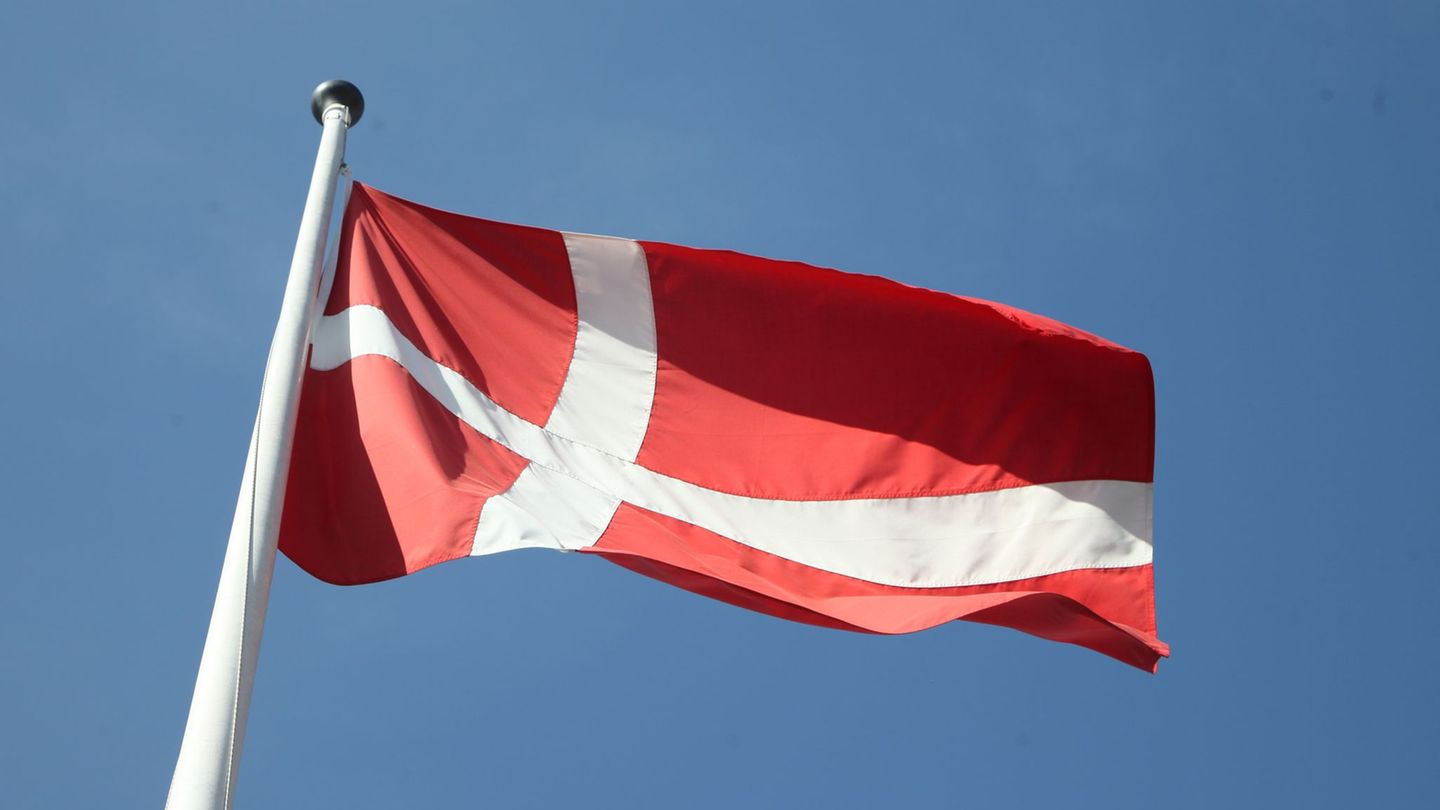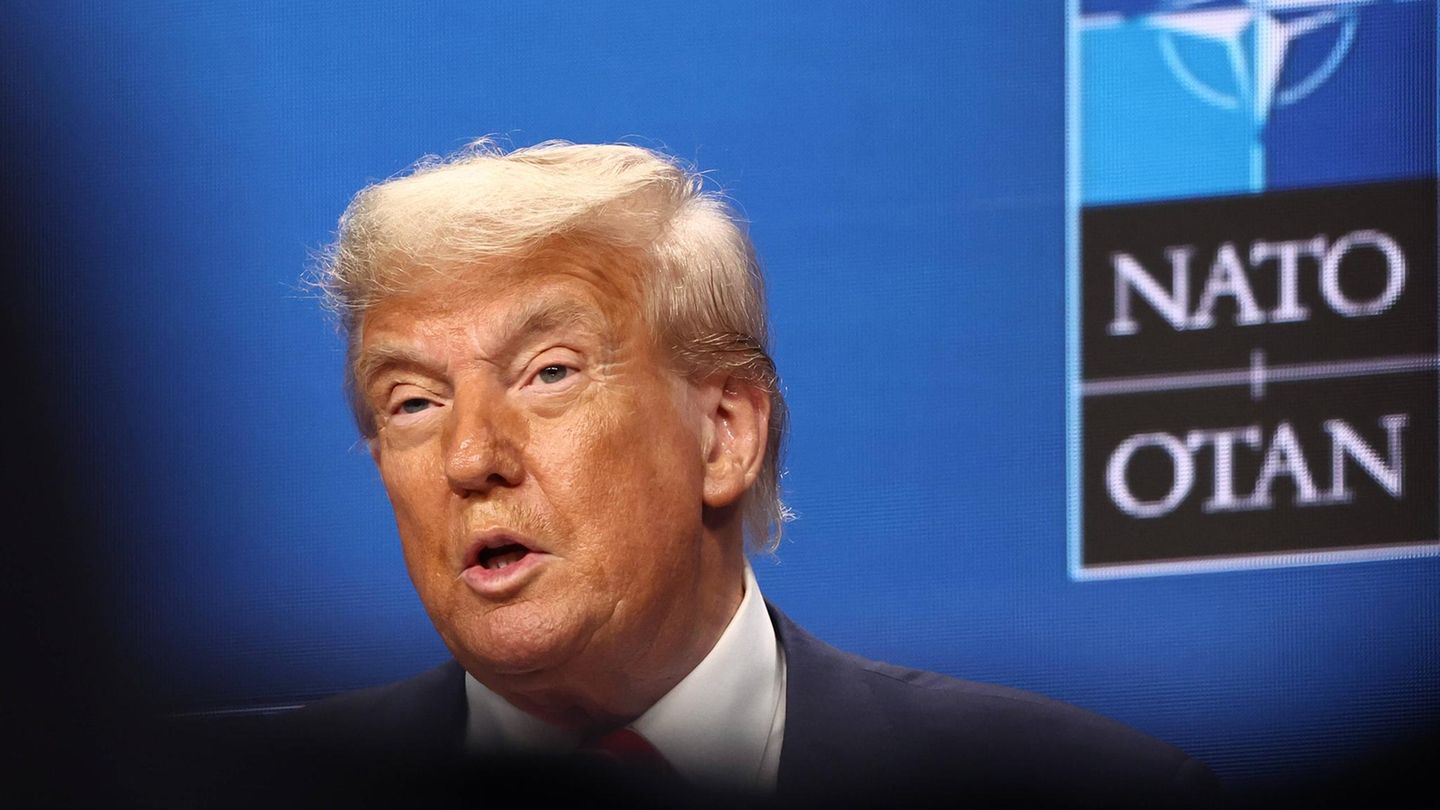She no longer stands in his way: After Baerbock’s withdrawal, it’s all down to Habeck. He will fight for the chancellorship for the Greens. The chances are not good – but it will definitely be exciting.
After months of debate, the de facto decision was made by elimination: Economics Minister Robert Habeck will be the Greens’ candidate for chancellor. Competitor Annalena Baerbock has announced that she will not run. The Greens will nominate a candidate for chancellor for the next federal election and thus also lay claim to the top job in the government, as the German Press Agency learned from Green leadership circles. But why should that even matter to a party that is polling at 11 to 13 percent?
Communications consultant: Race is more open than it looks
Green MP Sven-Christian Kindler believes a solid 25 percent is possible in the federal election, which is scheduled to take place in autumn 2025. The SPD had similar poll numbers before the 2021 election, he told Deutschlandfunk. When the SPD party leaders elected Olaf Scholz in August 2020, however, their party was polling at 14 to 15 percent. The party is currently polling at between 14 and 16 percent, and the CDU/CSU at around 30 percent.
But Johannes Hillje also says that the race is more open than it currently looks. “It is currently unlikely that the Greens will win the chancellor’s office, but it is not impossible.” In 2014, he was the campaign manager for the European Greens in the European election campaign. Hillje is now a political and communications consultant and says he has already worked for all three traffic light parties, for companies, federal ministries and associations.
Habeck is not the only one with legacy issues
It looks like a dispute between Friedrich Merz (CDU), Olaf Scholz (SPD) and Habeck. Hillje sees legacy issues in all three: “Merz has copied the AfD’s rhetoric, Scholz remains pale, Habeck is stuck on the heating law and the nuclear power plant decision.”
He would advise the Greens to nominate a candidate for chancellor either way. The polls are volatile, and improvement is possible. “And it would be unwise to forego the additional media attention that a candidacy for chancellor brings, including participation in TV debates.”
Governing party instead of underdog
Unlike in the last election campaign in 2021, however, this time the Greens are not running with a social mood for more climate protection behind them. Back then they came from the opposition, flirting with the role of underdog and beacon of hope. Today voters know what green politics means – and many reject it massively. The European election result of less than 12 percent was devastating. At the same time, the Greens do not want to alienate core voters, but they need to gain significant support. How is unclear.
“Habeck must be open to dialogue with groups of voters that the Greens have lost in recent years,” believes Hillje. “For this to work, he must engage in more painful discussions, for example with people who value sustainability but are not convinced by the Greens’ solutions.”
Difficult issue of migration
Some Greens are cautious about the top social issue of migration. The party is aware that the desire of left-wing Greens in particular for more openness does not correspond to the mainstream. “We cannot win on this issue,” they say. In Hilljes’ view, this is a mistake. “People expect migration to work according to the rules, but currently they only have the impression that there is too much chaos in Germany and Europe.” And: “The theory that naming the problem plays into the hands of the AfD is wrong – ignoring the problem does. If you present yourself credibly here, it is also possible to campaign for skilled immigration and a humane refugee policy.”
The fervor with which the Greens chew on problems and criticize compromises is a problem for the party. Realists describe it like this: By the time there is a result on difficult issues such as the payment card for refugees, the party has lost support on all sides. Left-wing voters think the compromise is too harsh, conservative sympathizers shake their heads at the skeptics. Discipline has already increased, says one observer. There is evidence of this: when Habeck, who is not afraid to speak clearly here, recently advocated the deportation of serious criminals and dangerous people to Syria and Afghanistan, there was no outcry.
Things are getting exciting with Habeck
You don’t have to like Habeck, he’s not a bore. “He quenches society’s thirst for orientation, rhetorically and intellectually,” says one Green about him. Cowardice, stagnation and excessive caution are repugnant to the instinctive politician Habeck, who sees them as obstacles to successful politics. In public appearances, unlike Baerbock, he always speaks freely; foregoing a manuscript seems to him to be a matter of honor, perhaps even of vanity. It often goes well, even long speeches are often well structured and entertaining.
But when things go wrong, Habeck gets caught up in strange figures of speech and strange comparisons or uses the wrong tone. During a recent visit to the heavily militarized border, he compared a meeting place between South and North Koreans to the “mixed zone” in football. And in a recent speech to American students, he called on the USA to please “solve their fucking problems”. In his own words: “Solve the fucking problems.”
How it goes on
Habeck has yet to officially apply for the Green pole position in the next federal election campaign. “We will then organize all other questions for election campaigns through the committees and then get back to you in good time,” he told journalists on his summer tour in Paderborn. Anyone watching him cannot, however, have the slightest doubt that Habeck wants to do this – the only question is when he will officially say so and the party will choose him. The most likely scenario is that this will not happen until after the state elections in the east in September. This would mean that the expected disastrous Green results there would be somewhat less associated with him personally.
At least Baerbock spared her party a paralyzing power struggle by announcing her withdrawal from the candidacy on the US broadcaster CNN. She herself justified the step with the crises in the world that demanded her as foreign minister. That is not implausible, but on the other hand: what else could she have said? That “Robert” was a better candidate? Hardly. Hillje thinks the step was smart. “She chose a self-determined withdrawal over a risky power struggle.”
Website Hillje Overview Polls Interview Baerbock at CNN
Source: Stern
I have been working in the news industry for over 6 years, first as a reporter and now as an editor. I have covered politics extensively, and my work has appeared in major newspapers and online news outlets around the world. In addition to my writing, I also contribute regularly to 24 Hours World.




